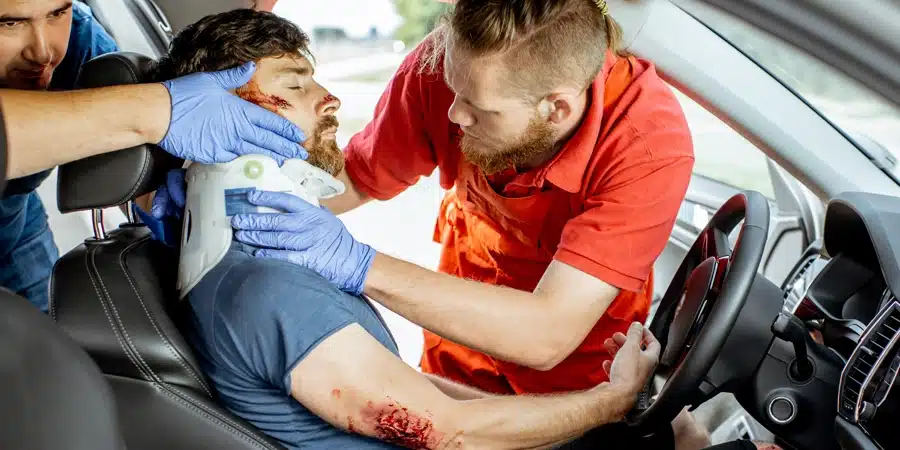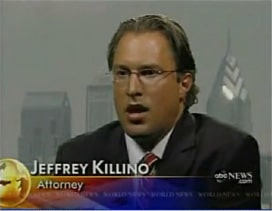Lawyer Jeff Killino Recovers Damages for Injuries Caused by Auto Defects
Auto defects may be a cause of a car crash itself or may increase injuries sustained in a car crash caused by something other than an auto defect. This is a complex area of law, requiring proof not only of the extent of a plaintiff’s injuries and future needs, but also of the existence of a defect and the causative link between the defect and the injuries sustained.

What types of claims are brought for injuries caused by auto defects?
In most states, claims are brought against vehicle manufacturers for injuries caused by defective vehicles under the state’s product-liability law, which may hold a manufacturer of component parts, an assembler, a distributor, or a seller of a defective product liable for injuries caused by the product’s defect.
Many states have enacted some form of the Model Uniform Products Liability Act (MUPLA), and statutes vary from state to state. Generally, however, auto-defect product-liability claims are based on theories of negligence, breach of warranty, or strict liability, and may allege that a part was either defectively manufactured or defectively designed.
• Accidents caused by auto defects
Claims may be brought against auto manufacturers, alleging that an auto defect was a cause of the accident itself. Such claims may allege that accidents were caused by defective tires, brakes, steering components, accelerators, faulty airbag deployment, or faulty ignition switches that disable a vehicle’s power steering and power brakes.
• Injuries increased by auto defects
Crashworthiness claims comprise the majority of auto-defect claims brought against vehicle manufacturers. These suits allege not that a defect caused the accident, but that it increased the injuries sustained by the plaintiff in an accident caused by something other than the defect.
The law recognizes that motor-vehicle accidents are reasonably foreseeable, creating a duty on the part of manufacturers to produce vehicles that are “crashworthy,” or as safe as is reasonably possible according to current industry standards. Pursuant to Title 49 of the U.S. Code, NHTSA, the National Highway Traffic and Safety Administration, issues and enforces Federal Motor Vehicle Safety Standards (FMVSS), which specify the design and construction requirements for motor vehicles.
Crashworthiness product-liability claims may involve defects such as inadequate seatbelt or airbag systems, unsafe gas-tank placement, and unsafe roof-structure design.
What damages may be recovered in an auto-defect case?
Injuries suffered in auto-defect accidents are often catastrophic, and may include paralysis, loss of limbs, severe burns, brain and spinal-cord injuries, or death. Plaintiffs generally may recover any foreseeable compensatory damages, such as past and future medical expenses, costs of physical and occupational therapy, pain and suffering, lost wages, costs of surgeries and rehabilitation, loss of enjoyment of life, and emotional distress. In some cases, you may be able to recover punitive damages, as well, though they are not usually awarded in cases brought under a breach of warranty theory.
Obtain the assistance of attorneys experienced in auto-defect cases
The Killino Firm has extensive experience with auto-defect cases and will work diligently to ensure you are compensated by those responsible for your injuries.







